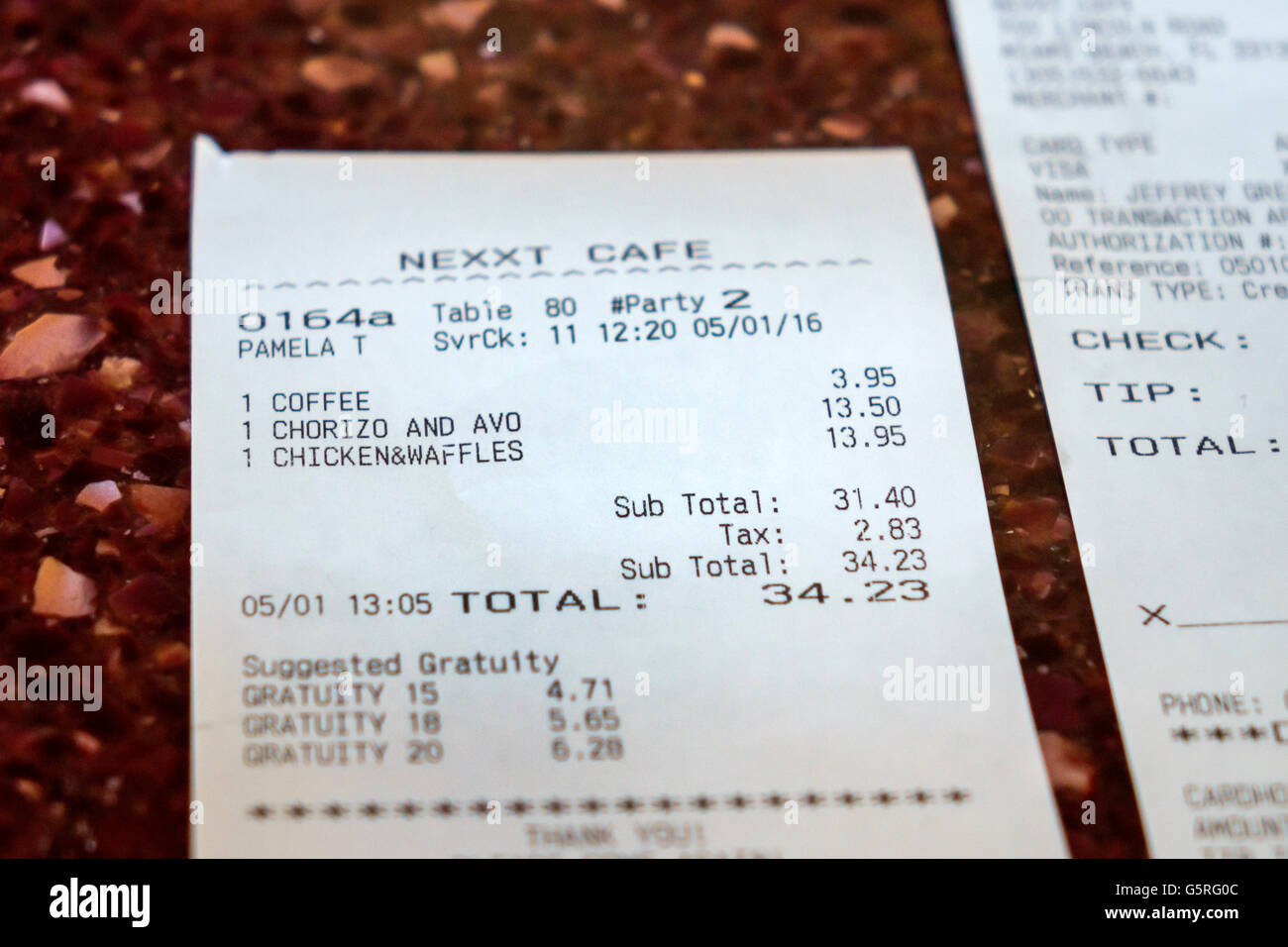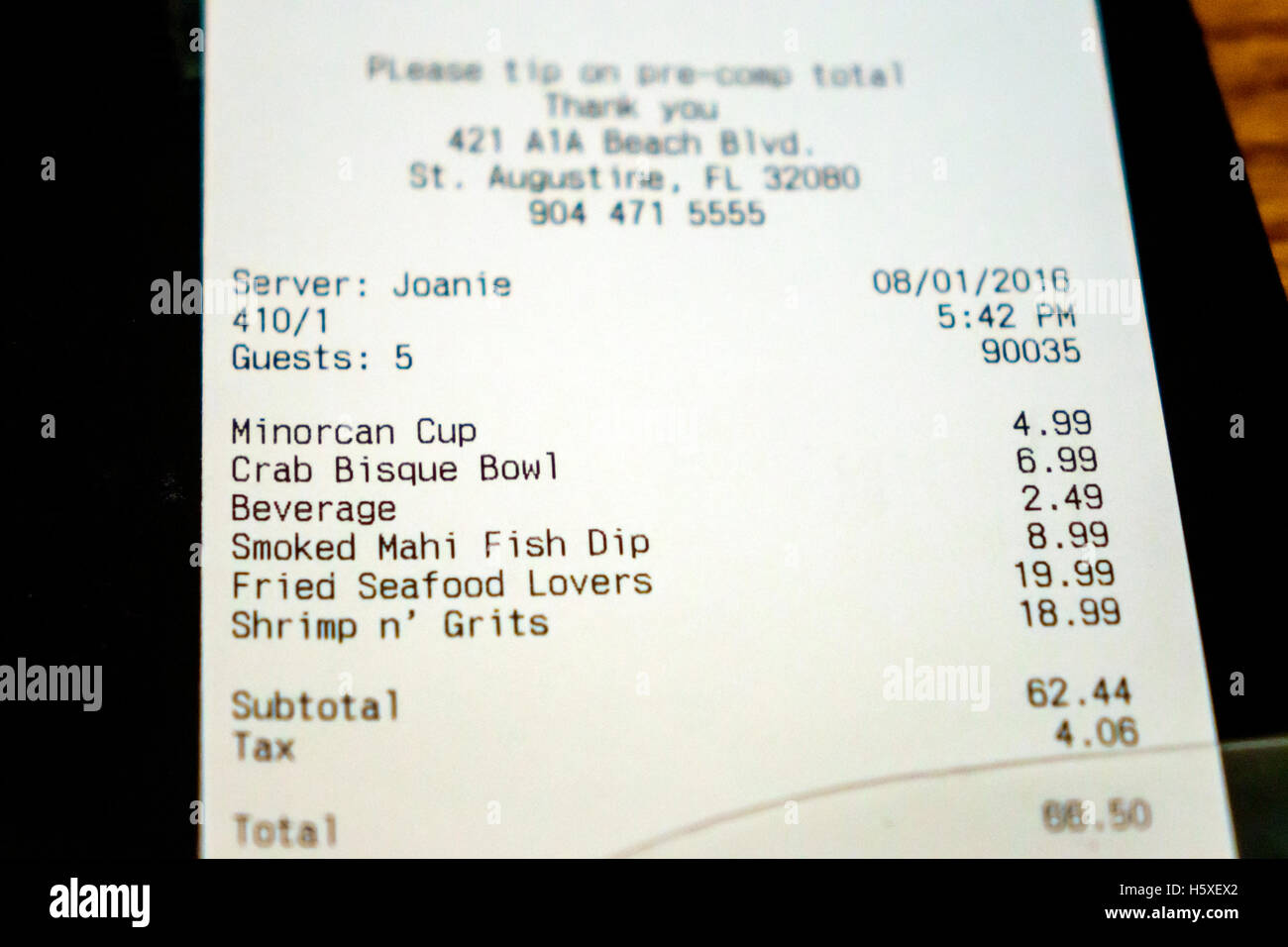Florida food delivery bill – Get ready to dive into the world of Florida’s food delivery bill, a game-changer that’s set to shake up the way we order and enjoy our favorite meals. This bill is no ordinary piece of legislation; it’s a culinary revolution that promises to transform the food delivery landscape, leaving a lasting impact on consumers, restaurants, and delivery services alike.
From the bustling streets of Miami to the laid-back beaches of Pensacola, the Florida food delivery bill is poised to redefine the dining experience. So, buckle up and join us on this tantalizing journey as we explore the ins and outs of this groundbreaking legislation.
Introduction

The Florida food delivery bill aims to regulate the rapidly expanding food delivery industry in the state. The bill addresses concerns about worker compensation, consumer protection, and fair competition.
The Florida food delivery bill aims to protect consumers and ensure the safety of food delivery services. While this is a crucial step towards regulating the industry, it’s important to remember the importance of providing high-quality food for our furry companions as well.
Honest Kitchen dog food is an excellent choice for pet owners seeking nutritious and wholesome meals for their beloved dogs. By supporting local businesses like Honest Kitchen, we not only ensure the well-being of our pets but also contribute to the growth of responsible food practices within our communities.
Currently, Florida’s food delivery landscape is dominated by third-party delivery platforms such as Uber Eats, Grubhub, and DoorDash. These platforms connect restaurants with customers, providing a convenient way for consumers to order and receive food from local establishments.
Key Provisions
The bill includes several key provisions:
- Requires food delivery platforms to register with the state and obtain a license.
- Sets minimum standards for worker compensation, including minimum wage and health insurance.
- Prohibits food delivery platforms from engaging in unfair or deceptive practices.
- Creates a new state agency to regulate the food delivery industry.
Impact on Food Delivery Services: Florida Food Delivery Bill

The bill may have significant implications for food delivery services operating in Florida. The proposed regulations could lead to increased costs for these businesses, which may be passed on to consumers in the form of higher delivery fees. Additionally, the bill could limit the areas in which food delivery services can operate, potentially reducing their customer base.
Delivery Fees
One of the most significant potential impacts of the bill is on delivery fees. The bill would require food delivery services to charge a minimum delivery fee of $2.50. This would be a significant increase for many food delivery services, which currently charge fees ranging from $0 to $2.00. The increased fees could make food delivery less affordable for some consumers, particularly those in low-income areas.
Wait Times
The bill could also lead to longer wait times for food delivery. The bill would require food delivery services to provide customers with an estimated delivery time. However, the bill does not specify how this estimate should be calculated. As a result, food delivery services may be hesitant to provide accurate estimates, leading to longer wait times for customers.
Service Areas
The bill could also limit the areas in which food delivery services can operate. The bill would require food delivery services to obtain a permit from each municipality in which they operate. This could be a costly and time-consuming process, particularly for food delivery services that operate in multiple municipalities.
As a result, some food delivery services may choose to limit their service areas to avoid the additional costs and regulations.
Gig Economy Workforce, Florida food delivery bill
The bill could also have a significant impact on the gig economy workforce. The bill would require food delivery services to classify their drivers as employees rather than independent contractors. This would mean that food delivery services would be responsible for providing drivers with benefits such as health insurance and paid time off.
The increased costs could lead some food delivery services to reduce the number of drivers they hire.
Last Point

The Florida food delivery bill is a complex and multifaceted piece of legislation that has the potential to reshape the way we order and enjoy our favorite meals. While there are certainly challenges to overcome, the potential benefits for consumers, restaurants, and delivery services are undeniable.
As the bill moves forward, it will be essential to monitor its implementation and enforcement to ensure that it meets its intended goals and delivers on its promise of a more equitable and sustainable food delivery ecosystem in Florida.


